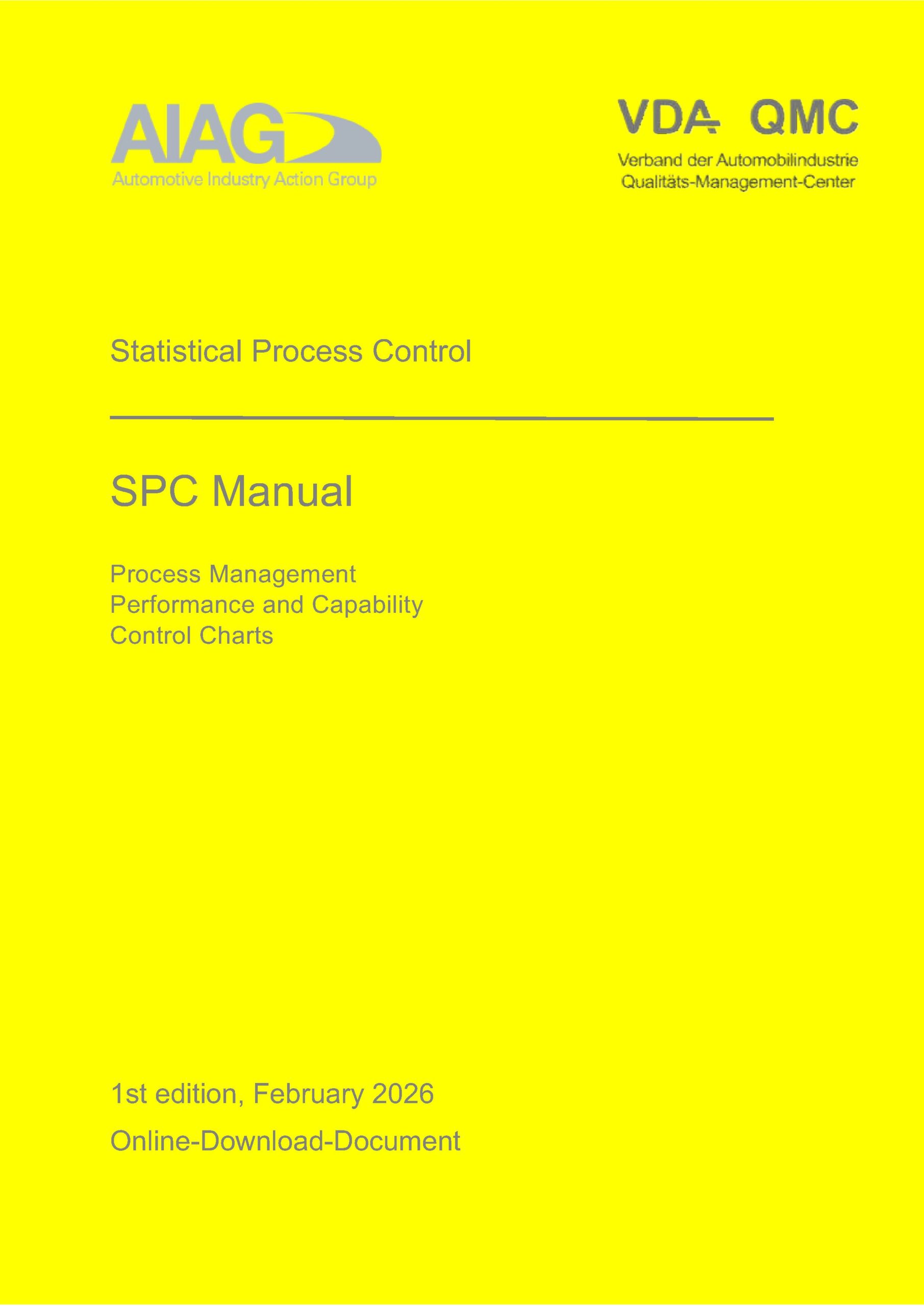The purpose of Measurement System Analysis (MSA) is to qualify a measurement system for use by quantifying its accuracy, precision, and stability. MSA is an experimental and mathematical method of determining how much variation within the measurement process contributes to overall process variability. An effective MSA process can help assure that the data being collected is accurate and the system of collecting the data is appropriate to the process. Good, reliable data can prevent wasted time, labor, and scrap in any manufacturing process.
We use measurements to guide our decisions on improvements and should be interested in any errors in measurements to lead us to make better decisions. If an error exists in any measurement, there could be errors in the decision.
When an MSA is completed, an experiment to show measurement variation is performed. It is important to understand the data collected could have errors. AIAG guidelines suggest the acceptable percent error as follows:
The parameters to investigate in an MSA are:
IATF 16949 requires that statistical studies shall be conducted to analyze the variation present in the results of each type of inspection, measurement, and test equipment system identified in the control plan. The analytical methods and acceptance criteria shall conform to those in reference manuals on Measurement System Analysis. Other analytical methods and acceptance criteria may be used if approved by the customer (7.1.5.1.1 Measurement System Analysis).
MSA can help you improve the quality of your products by minimizing the amount of variation and error introduced by measurement, so you can focus on part variation and to the root causes of variation: process, machines, and materials.
For more informatio on MSA or to learn more, browse our training programs. Plexus International designs, develops, and delivers internationally accredited, industry-recognized training programs for the global manufacturing supply chain with one critical goal: real performance improvement.
Subscribe to our newsletter.
This Live Virtual Workshop will help you establish a foundational knowledge base to analyze your manufacturing system and enhance its effectiveness.
Improve your understanding of the integration of statistical process control (SPC) and measurement systems analysis (MSA) into IATF 16949:2016 and discover how to develop a higher-quality process control system.
Statistical Process Control (SPC) is a method of measuring and controlling quality by monitoring the manufacturing process. Quality data is collected in the form of product, process measurement, and readings and is used to evaluate, monitor, and control a process.
The AIAG SPC Manual (Draft Edition) is on the horizon—and if you are responsible for process control, capability, or quality system performance, this update may directly impact you.
Sign up today to receive expert updates on the AIAG SPC Manual Draft and ensure you are ready when the new edition becomes the industry expectation.
